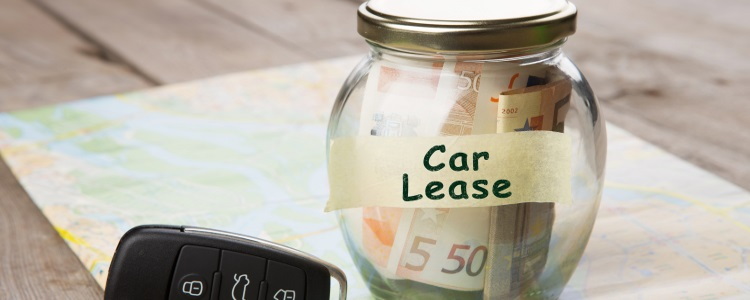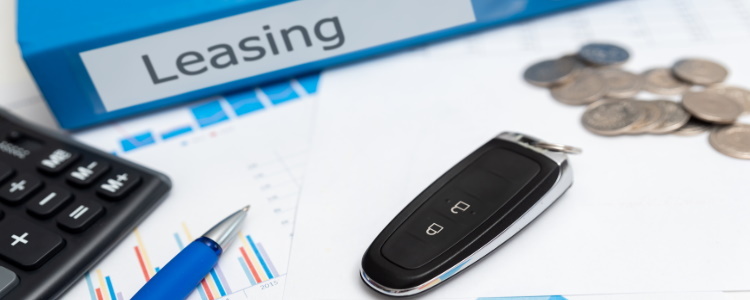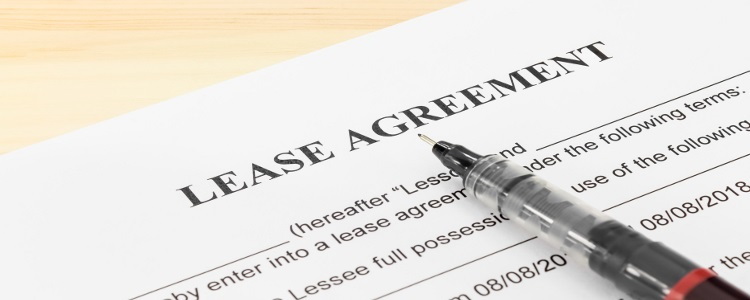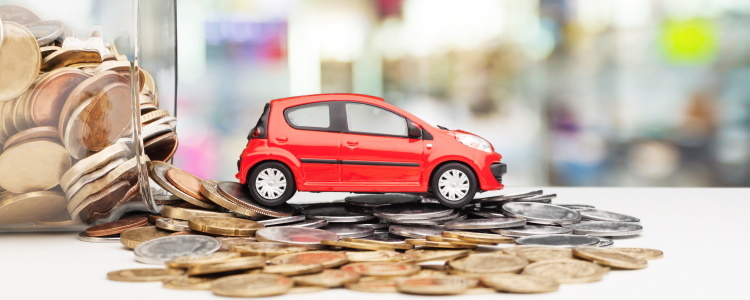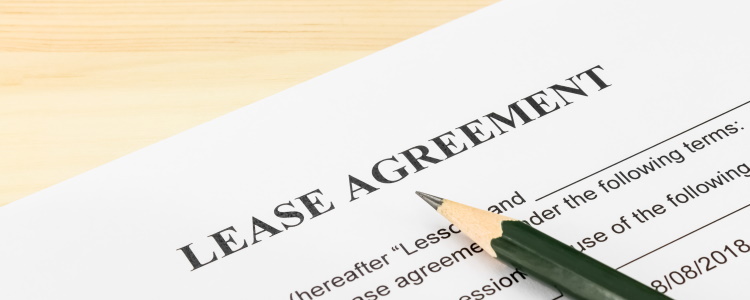Unless you've gotten in on a "sign and drive" deal, there are several things you're required to pay for up front when you lease a car. Read on to be prepared if you choose to lease in the near future.
Come Prepared to Pay
Leasing a car can be great. You can get the newest models with the latest features, and a lower monthly payment than you'd get with an auto loan. Even though leasing and buying are two totally different ball games, they do have some things in common. For instance, you aren't going to be able to drive away without coming up with a little green.
In leasing, there can be up to six things you might have to pay for when you sign on the dotted line, especially if you want to hit a specific price point. Collectively, these are called inception fees. Some are required and some are not, so make sure you read the fine print when you’re looking at leasing offers.
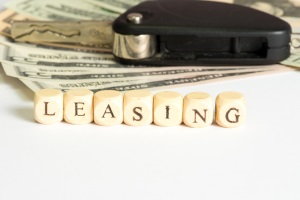 Inception fees may include:
Inception fees may include:
- First Payment – Leases are always paid ahead, which means your first monthly payment, including tax, is typically due at signing.
- Down Payment – A down payment in a lease helps reduce the capitalized cost (selling price plus any inception fees) and pre-pays a portion of your lease. If you're required to put a specified amount down (this varies by lease), this is spread out over the term and lowers the monthly payment. This is often done to meet an advertised monthly payment.
- Acquisition Fees – This is the fee a leasing company charges to start the lease.
- Tag, Title, and License Fees – These are fees charged by the state for registering, titling, and plating the vehicle.
- Taxes – You're responsible for paying any taxes incurred on the down payment.
- Security Deposit – Not all lease companies ask for a security deposit. If they do, it's collected to cover excessive wear and tear charges at lease end, and any unused portion is refunded to you.
Don't Overpay Up Front
One thing you should be aware of in leasing is that a down payment doesn't save you any money in the long run like it does with a car loan. Auto loans use simple interest, which means interest accrues daily based on the balance of the loan. Therefore, the smaller your loan balance is, the less you pay in interest charges.
Leasing deals with a "money factor" rather than an interest rate. The money factor is used to pre-compute the interest you pay over the entire lease term, and it's built into the monthly payment. You can determine your annual percentage rate (APR) by multiplying your money factor by 2,400.
If you do pay a large sum of money up front, be aware that all you're doing is paying ahead on the total cost of your lease, which also includes interest. This means a down payment lowers your monthly payment, but doesn’t affect the amount of interest you pay over the lease term. In addition, if the vehicle is totaled or stolen during your lease, the unused portion of the down payment doesn’t get refunded to you.
The Bottom Line
Leasing can be great, but you have to be prepared with the cash due at signing. Another thing to be aware of is that leasing is easiest if your credit is good. If you're struggling with credit issues, leasing probably isn't in the cards. You can, however, get an auto loan to help improve your credit, so that leasing may not be a problem the next time around.
If you're looking for a lender that can approve you for financing with poor credit, no credit, bankruptcy, or even repossession, we can help. Auto Credit Express works with a coast-to-coast network of special finance dealerships that have the lending resources available to help people get financed. Let us connect you with one today. Simply fill out our no-obligation auto loan request form to start the process today!

